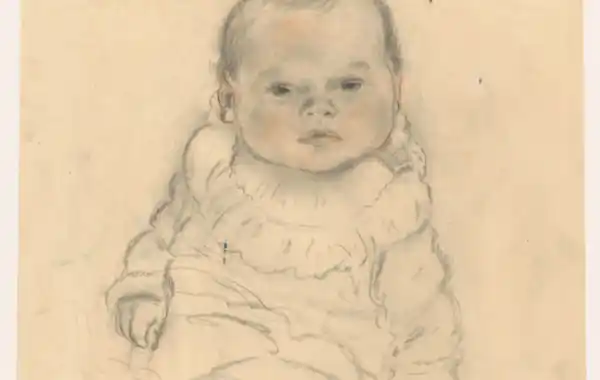Imagine the scenario: you track down the birth record for your ancestor on Scotland’s People, you click on the View Image button, and – alas! – there’s no father’s name given. Fergus Smith tells us where to go from here...
Research your family history for long enough, and it’s highly likely you’ll eventually find an ancestor born to a single mother. In 1861, the Registrar General reported that almost one in ten births in Scotland were to single mothers, so if say your great-grandparents were all born around that time, it would be more likely than not that at least one of them was born illegitimate. In the first 20 years of civil registration, over 150,000 children were born in Scotland with no fathers’ names in the birth registers.
What do to next
So if you find yourself in this situation, how do you go about finding the father?
The modern system of civil registration in Scotland was established by the Registration of Births, Deaths and Marriages (Scotland) Act 1854. This laid down the rules applicable to the civil registration system.
In the context of unmarred mothers, the key provision is Section 35, which stipulated that the father’s name was not to be recorded unless at the joint request of the mother and father attending the registrar in person. The same section also provided for the father’s name to be recorded when paternity had been “found by Decree of any competent court”.
Sheriff Court records
In practice, this almost always meant the local Sheriff Court. Officially, if a mother won a paternity case – usually referred to as an affiliation and aliment case – the Sheriff Clerk was required to notify the registrar of the court decree, and the birth registers were amended accordingly. You may well find such entries recorded in a marginal note in the birth register, with an accompanying entry in the Register of Corrected Entries (RCE).
However, although this was a statutory requirement – and the Sheriff Clerk could be fined up to forty shillings for failure to comply – this was not always done. I’ve found dozens of cases where a decree was granted naming the father, but no RCE entry was recorded, and in the early years of civil registration at least, the non-compliance rate may have been as high as 10%.
So for children born since 1855, the first port of call would be the Register of Corrected Entries. But even if there’s an RCE entry, it’s still worth checking Sheriff Court records. The legislation specifies the content of the amendment to the register, but the Sheriff Court records can contain much more.
At a minimum, where the mother wins her case, the decree will give details of the aliment to be paid – usually in terms of a fixed amount, slightly higher in the first year of the child’s life, for a fixed number of years, often until the child reaches ten, or for as long as the child is unable to support itself. The courts usually also awarded inlying expenses – the cost of a midwife and occasionally other medical costs.
Sometimes, though, decrees give more information, especially if the father denies paternity. Some decrees give snippets of the relationship between the parents, and specifically details about when and where the child was conceived.Sheriff Court index
At Old Scottish we’ve indexed paternity cases from Sheriff Court Registers of Decrees for all of Scotland. The indexes are available here.
Text extracted from an in-depth article on exploring evidence in the November 2022 issue of Family Tree. Get your copy here.
About the author
Fergus Smith runs Old Scottish Genealogy and Family History. Before becoming a full-time researcher, he worked as a translator and antiquarian book dealer, and researched in archives on five continents. He specialises in Scottish research, especially court records and legal history, and builds historical data systems in his spare time.







